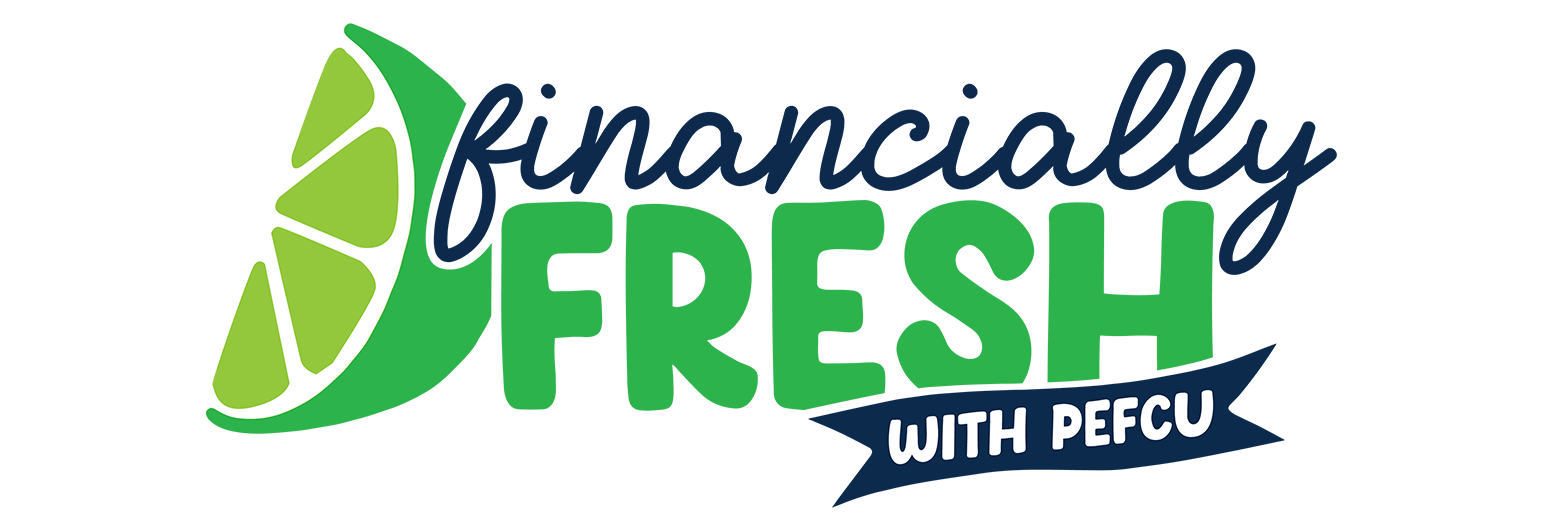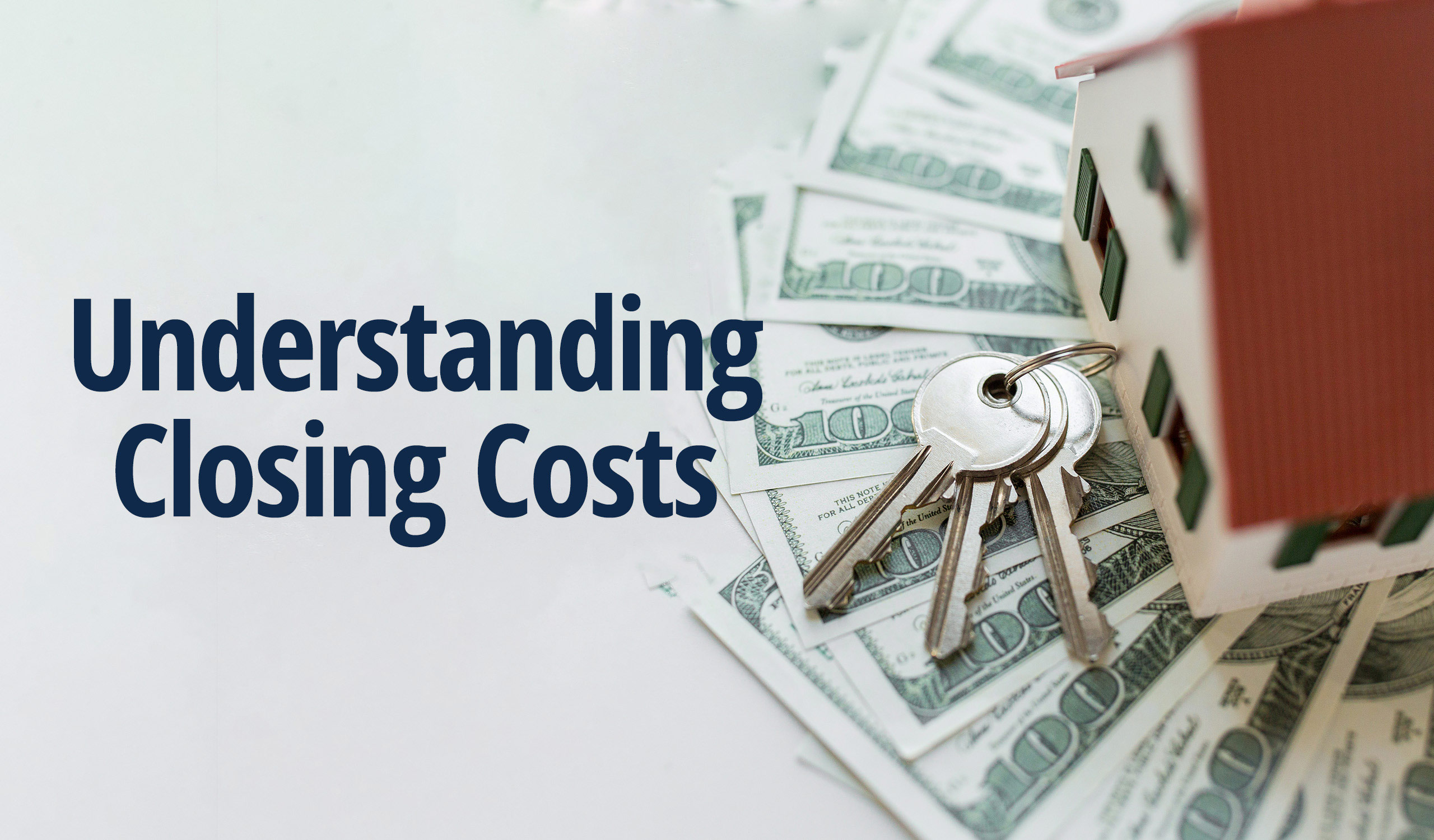April 1, 2021Understanding Closing Costs on Your New Home
Are you searching for your first house? As a first-time homebuyer, you’ve got a lot of work ahead to find a “home sweet home.” You’ll need to find a realtor, hunt for the perfect house online by tearing apart the MLS and other property listing sites, go to showings, compare home values, and more. But the labor is worth the reward!
But before all of this happens, you should be preapproved for your home loan and have your down payment saved up so you can have the smoothest closing possible. And not only that, but you should also have money saved to pay the closing costs.
Fees for Services Associated with the House Sale
Closing costs are fees paid to third parties that facilitate the home closing and transfer of ownership. These third parties could include lenders, title companies, insurance companies, city/county public land recording offices, and more. The fees can vary depending on where you buy, how you choose to pay for your new home, and who handles the closing. Some of the most common charges buyers are expected to pay include:
- Mortage processing fees from lenders
- A home appraisal from appraisers
- Escrow fees from the title or escrow company that oversees the closing
- Home inspection fees from inspectors who verify the condition of the property and ensure all repair requirements have been met
- Annual homeowners insurance premiums and property taxes paid in advance
- Title search and insurance fees from title companies for searching for outstanding liens and claims and ensuring the house can be sold
- Survey fees to verify property boundaries
Closing Cost Amounts
Closing costs are calculated based on a percentage based on the purchase price of the property. These fees usually average between 2% to 5% of the purchase price, although they could go as high as 7%. The reason there is no fixed rate is that different states, cities, and municipalities have different requirements for what is needed to close on a home transaction, resulting in varying fees.
So, if you buy a home that costs about $200,000, you may have to pay about $4,000 up to $10,000 in closing costs. Remember, the closing costs are in addition to your down payment.
Budgeting for Closing Costs
It is always in your best interest to get a rough estimate of the closing costs to ensure you save enough money. Rather than calculating it on your own, you can ask one PEFCU’s home loan experts to estimate projected closing costs when you apply for preapproval.
We’re Here to Help!
Buying a home is an exciting time, but it can also quickly become confusing. Relax. One of our home loan experts will be there to hold your hand through the whole process. If you have questions on buying a home or closing costs, stop by or call us at 800-226–6673.
Each individual’s financial situation is unique and readers are encouraged to contact the Credit Union when seeking financial advice on the products and services discussed. This article is for educational purposes only; the authors assume no legal responsibility for the completeness or accuracy of the contents.


